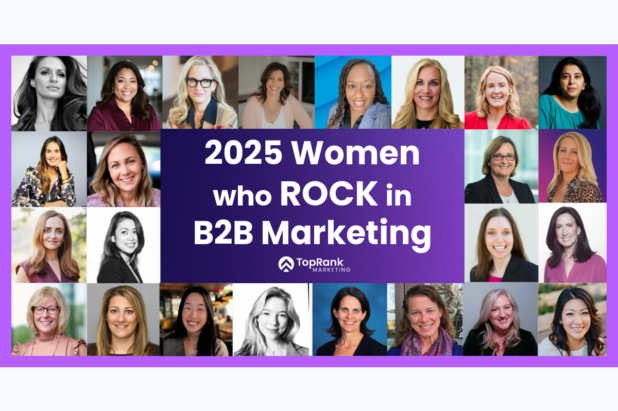 Wrapping up the day was Don Shultz, Ph D and professor at Northwestern University, who introduced attendees to what he calls the “Rodney Dangerfield School of Search Marketing“.
Wrapping up the day was Don Shultz, Ph D and professor at Northwestern University, who introduced attendees to what he calls the “Rodney Dangerfield School of Search Marketing“.
As a search marketer, do you ever feel like you’re under the magnifying glass to produce bigger, better, faster results? And results that don’t fit into traditional marketing measurements?
Don motivated the crowd by insisting that search engine marketers need some respect from traditional marketers within organizations. So, how do we get respect? Here are Don’s ideas on how we can change the marketing world.
Transition from static to dynamic marketing
Don talks about the 3 different types of marketing organizations:
1. Product driven – i.e. General Motors
2. Distribution driven – i.e. Wal-Mart
3. Customer-driven – i.e. Dell
The goal is to help organizations become customer-driven. Once the customer controls the system, the more search will be involved.
Communicating in a Customer-Controlled Media Systems
Consumers have always controlled media systems, however in the past few years they have started to take advantage of this. Instead of product-driven organizations dedicated to product, price, place and promotions – users are demanding solutions, information, value and access.
This is the perfect opportunity for search marketers as search invites the customer in, instead of continually pummeling them with marketing messages.
Networks, not linear models
Search is networked, as opposed to traditional media models which are linear. i.e. information from the organization to the consumer. Now, it’s about observations, conversations and recommendations.
Building Brand Equity
Oftentimes, the most important asset is the company brand. Don reminds us to focus on those items that help shape the brand including:
1.Websites
2.Customer Service
3.Tech Support
4.Retailers
5.Distributors
6.Blogs
7.RSS
8.Influencers
9.Recommenders
Media Consumption, not distribution
Don politely categorized traditional marketers as taking the ‘spray and pray’ approach. He highlights the difference in search marketing which pays special attention to metrics including: audience, length of time on a site, how often visitors return to a site.
Search marketers are focused on how many people took in the message, not on distribution.
Holistic Measures of Marketing Results
An important part of integrated marketing is connecting search to traditional marketing measurements, however search doesn’t often fit in the measurements traditionally outlined.
Because of this, Don recommends the Generic Search Outcome Model which measures:
1. Triggers and touch points
2. Web Access
3. Transactions and engagement
4. Metrics
What do you think? Do search marketers deserve more respect? If so, do you think the above outlined plan is the way to get it?
More photos from SES Chicago 2007.


